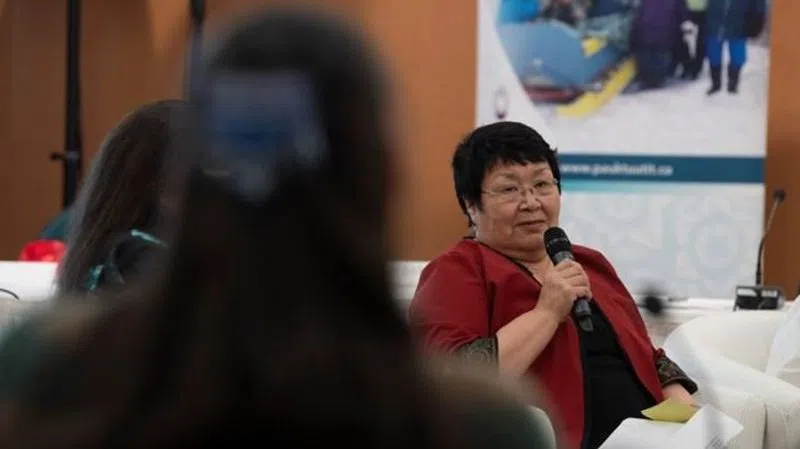
Inuit women in Canada’s North encountering ‘racialized policing,’ report says
OTTAWA — A national organization representing Inuit women in Canada is calling for a radical shift in the way police work is done in the North.
The demand comes after a new report released Thursday described “systemic racialized policing” in the Arctic.
Pauktuutit Inuit Women of Canada and Elizabeth Comack, a sociology and criminology professor at the University of Manitoba, co-authored the report, which examined how police respond to violence against women in Canada’s traditional Inuit territory, known as Inuit Nunangat.
The report says that interviews with about 45 Inuit women, and nearly as many service providers, revealed many women encounter such high rates of gender-based violence they have come to expect it in their lives.
